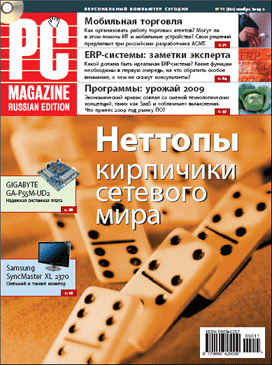Theme Drupal
 Drupal CMS is often criticized for the monotony and recognizability of the designs that are used on Drupal sites. The fact that Drupal is behind this site can be determined not only by URLs of a specific type, recognizable paths to module folders and the main page as a list of recently published documents, but also by the standard two-three-column site structure, the presence of standard forms of authorization and search, clouds tags, lists of new documents and other frequently used blocks.
Drupal CMS is often criticized for the monotony and recognizability of the designs that are used on Drupal sites. The fact that Drupal is behind this site can be determined not only by URLs of a specific type, recognizable paths to module folders and the main page as a list of recently published documents, but also by the standard two-three-column site structure, the presence of standard forms of authorization and search, clouds tags, lists of new documents and other frequently used blocks.However, all these reproaches are not justified, with proper skill, you can fasten a design and layout of any complexity to Drupal. Unrecognizable, you can “temizirovat”, that is, to change the appearance, any html-code created by Drupal: all standard forms, blocks, documents and lists.
The November issue of PC Magazine / RE published my article on the “themeization” of Drupal, it tells about three stages of the theme, which cover almost 100% of the tasks associated with changing the appearance of the site:
- development of a common template for all pages of the site and "custom" templates for selected pages;
- development of various templates for different types of documents and lists;
- changing the appearance of forms (search, authorization, and any other standard forms created by external modules).
In addition, the last section covers the basics of the Drupal Forms API.
')
Source: https://habr.com/ru/post/75795/
All Articles